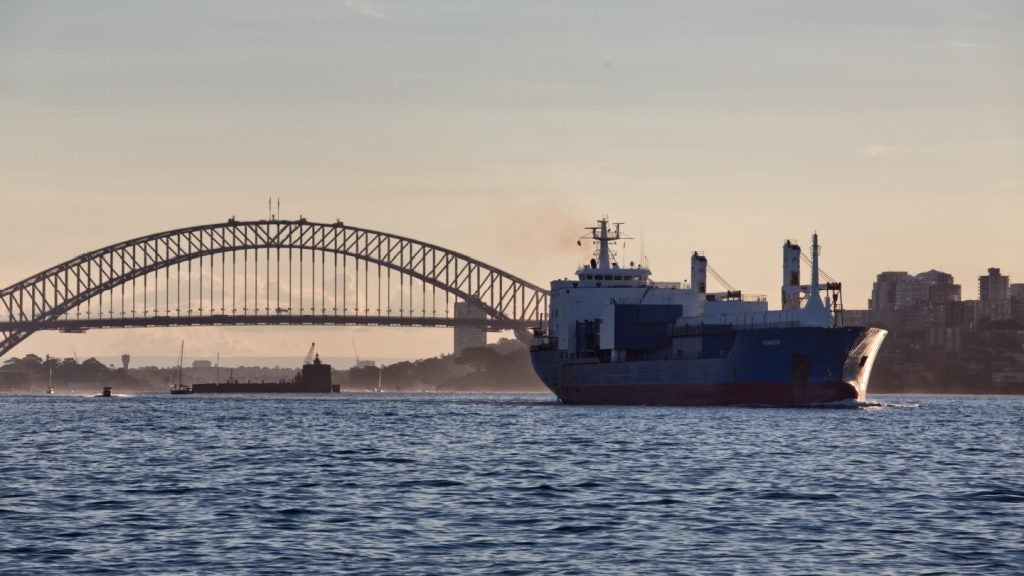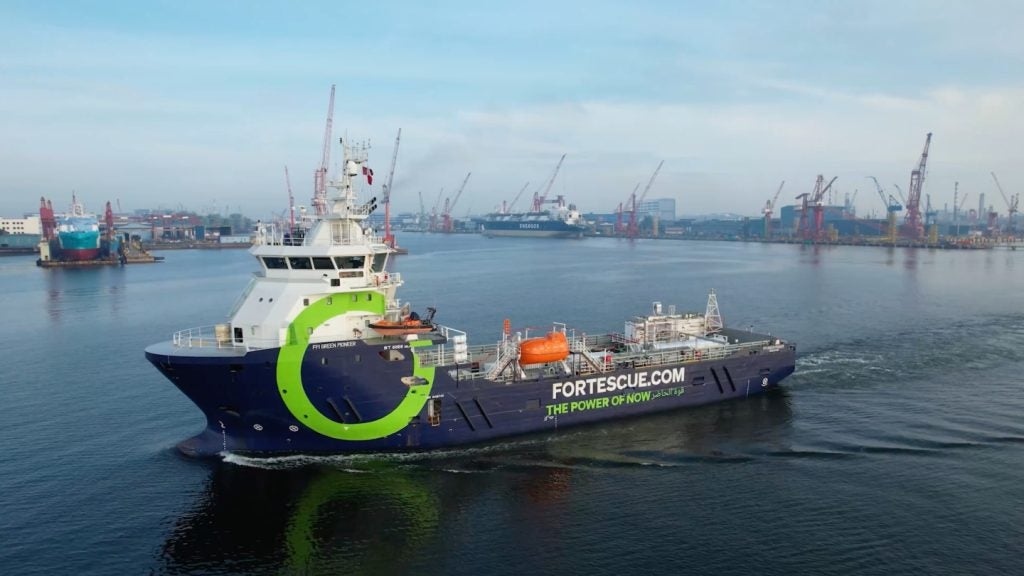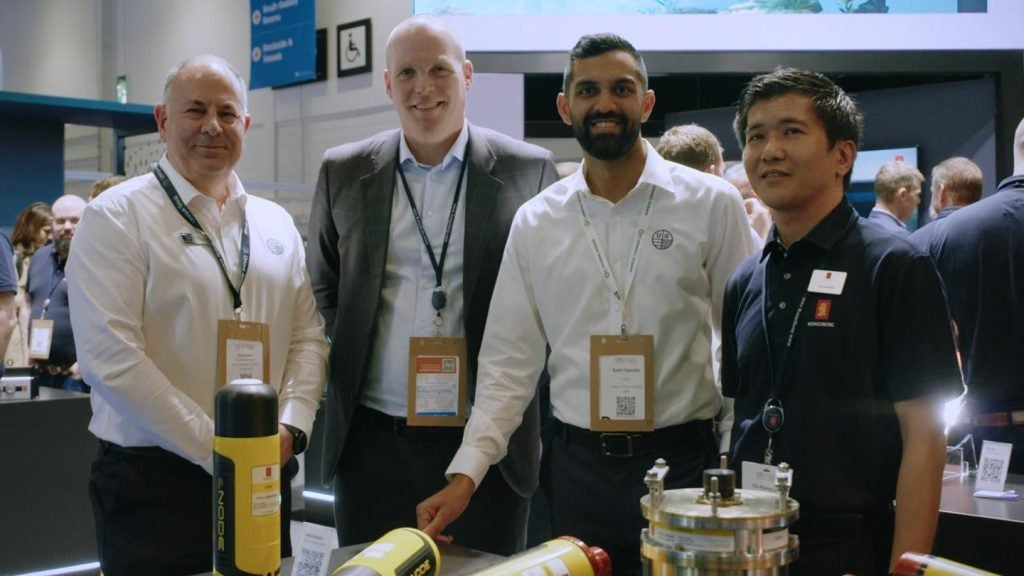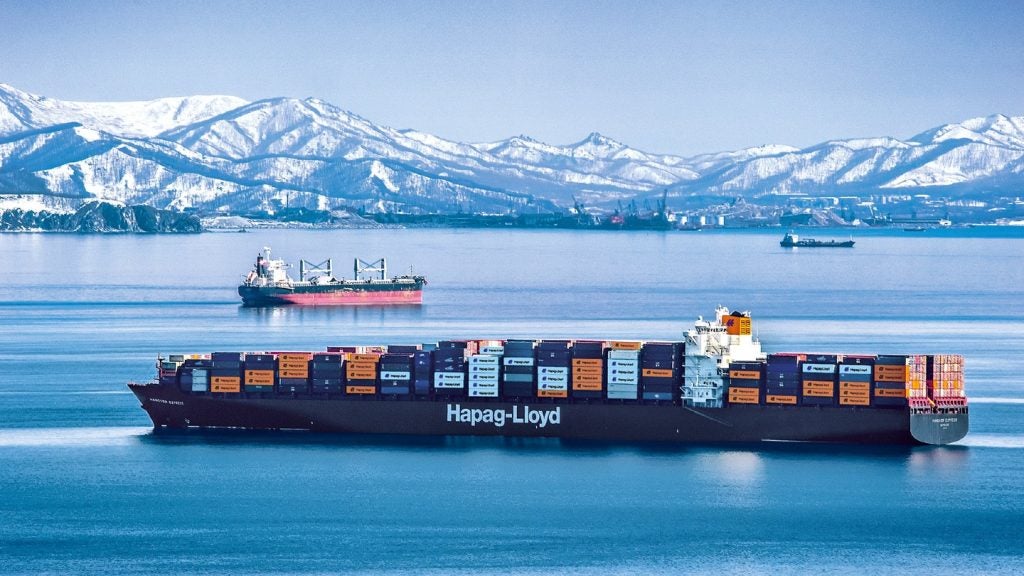A coalition of three Australian industry groups, including Shipping Australia (SA), has called on the country’s government to improve the transparency of the process currently underway to procure a Strategic Fleet.
In an open letter to Infrastructure, Transport, Regional Development, and Local Government Minister Catherine King, SA and its partners, the International Forwarders & Custom Brokers Association of Australia (IFCBAA) and the Australian Meat Industry Council (AMIC), said that there had been little to no consultation on implementation of the strategic fleet policy.
Melwyn Noronha, CEO of SA, questioned why the process for the strategic fleet consultation had been different to other maritime issues, he said: “The federal government has been carrying out several maritime-related consultations in which it has followed proper process.
“On this specific issue, the federal government isn’t following a proper consultation process; it’s not even following its own best practice guidelines. Why is the strategic fleet consultation different?”
The government decided to move forward with the idea of a strategic fleet, a group of vessels that could be deployed in times of national crisis, in November 2023, despite a report published by its Strategic Fleet Task Force that said it would be “almost impossible” to create an all-Australian owned fleet due to a lack of locally flagged vessels and local seafarers.
At the time, King had said a fleet would allow the country to build its resilience and revitalise its “long-neglected” maritime sector by ensuring cargo could continue moving in a time of crisis.
However, the industry group’s open letter called on King to cease the current process underway following a 17-day consultation period in February and called for the publication of an issues paper that would outline the government’s proposal.
The letter also specifically called for the government to create and publish a proposal for legislation based off consultation with the industry, with the legislation proposed then also put to consultation.
Scott Carson, CEO of IFCBAA, said: “A formal ‘call for submissions”’ needs to take place, with each of those submissions to be able to be viewed in the public domain, except for those that are provided confidentially.
“From that process, recommendations can then be made by the federal government, with such recommendations needing to prove that due consideration has been given to the submissions that were submitted.”












